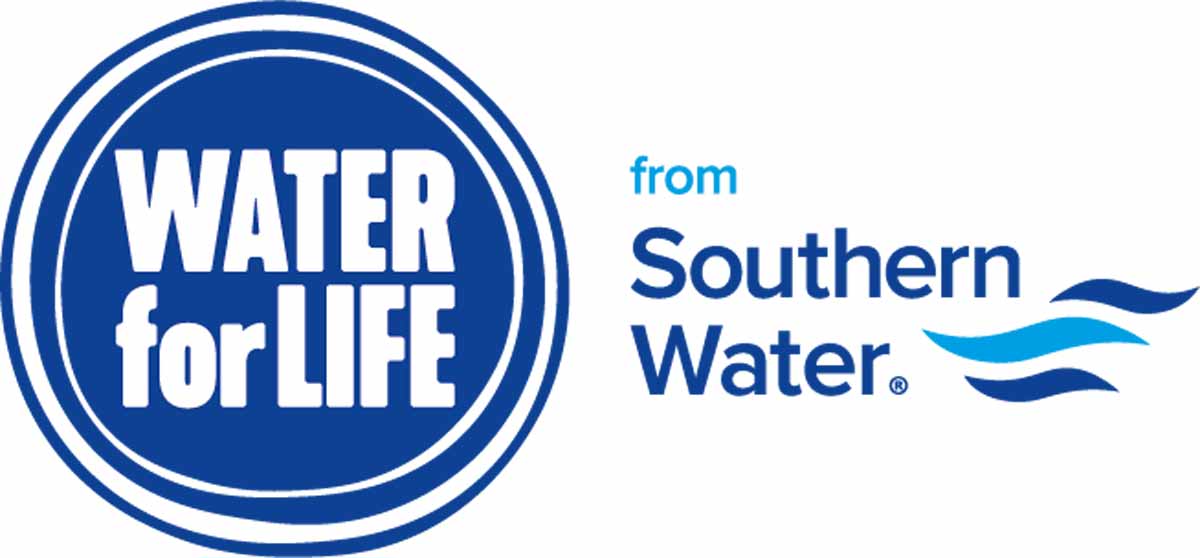A new system of digital sensors has helped prevent a potential environmental disaster at Singleton Lake, a key wildlife sanctuary in Kent. The sensors, which monitor sewer flows for Southern Water, detected a developing blockage in a nearby sewer line, allowing crews to clear it before it could cause a sewage overflow.
Singleton Lake, a man-made lake and wildlife sanctuary, is an integral part of the Ashford Green Corridor. Its ecosystem was recently put at risk by a build-up of fat, oil, grease, and other non-flushable materials in a sewer pipe in the nearby Lakemead area. The blockage had the potential to cause wastewater to spill into the lake and flood nearby gardens and homes. Blocked sewers are a primary source of pollution incidents, ranging from sewage spills into streams to internal flooding within homes.
To combat this issue, a network of approximately 32,000 sewer-level monitors has been installed to provide constant monitoring of sewer flows. This advanced technology enables teams to identify unusual activity that may indicate a blockage or leak. The average suburban sewer is only the diameter of a tennis ball or an orange, making it highly susceptible to blockages. Cooking fats, oils, and greases often combine with non-flushable items like sanitary products, wet wipes, and cotton swabs to form a solid mass known as a ‘fatberg’. In this instance, the sensor system’s alert in the Sedlescombe area allowed a team to intervene and remove the fatberg. Following the successful intervention, crews visited homes in the neighbourhood to educate residents about the incident and provide guidance on how to prevent future blockages and keep the sewers flowing freely.
Daniel McElhinney, Proactive Operations Control Manager at Southern Water, said:
“The sensors measure the level of sewage flowing under manholes in blockage hotspots, but the real innovation is how machine learning or artificial intelligence learns the normal behaviour of sewers and can tell the difference between morning and evening rushes, rain in the system and a blockage forming. Instead of turning up after the event to clean up and commiserate with devastated customers we’re spotting hundreds of potential blockages before it’s too late so our teams can scramble round with high pressure water jets to clear the sewer.”
